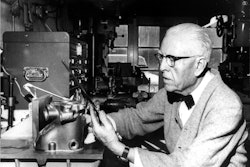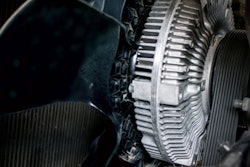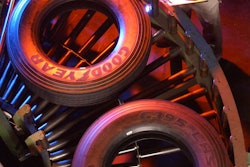Have you ever been asked to sell a placebo to the trucking industry?
Often called "mouse milk” or “panther piss," it could be a liquid poured into the fuel tank, a metal catalyst that went in the fuel tank, or magnets clamped to a fuel line. Believe it or not, many of these products showed results.
Every product came with a list of driving tips that, if followed – and with the use of the placebo – would result in fuel savings. Great salesmen would refuse to sell the placebo unless the customer signed in blood they would follow the driving tips. These tips included slow down, check tire inflation, and (my favorite) directives to pretend there is an egg between your foot and the accelerator to control acceleration.
I have sold real fuel savings devices in my lifetime. It’s hard to believe today but components such as turbochargers and fan clutches had to be sold before government mandates made them mandatory. The EPA made turbochargers standard equipment and OSHA noise limits did the same for fan clutches.
A real fuel savings device has a basis in science and can be proven with a scientific test. A prime example of what I am talking about came into my life a little over a decade ago. The basic science behind the product is that it takes energy to create a vibration.
My son, who is into singing and playing music, summed it up for me: “A guitar won’t play itself.” A guitar picker must energize the strings to create the vibration we hear as music.
Anyone who has driven a truck with steer tires out of balance has felt vibration. Some truck drivers even point out their tires sing and talk to them. The truckers would tell me, “If you put a certain number of a certain brand of golf balls in your steer tires, you make them sing a whole different tune by balancing the tires with the golf balls."









